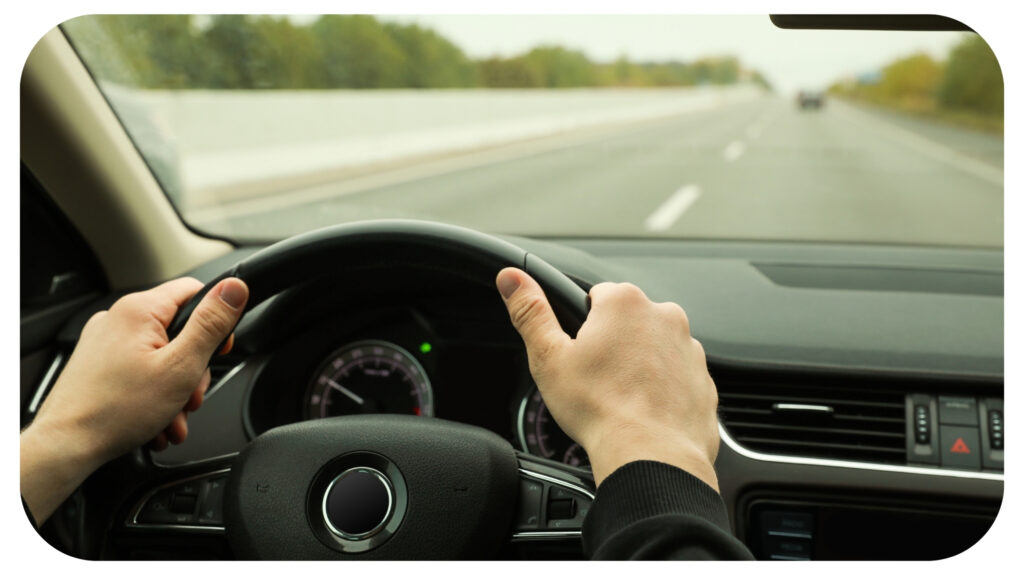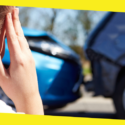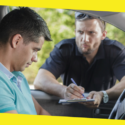An Introduction to Safe Driving in the UK

Safe driving requires more than just a driving licence; it demands a cautious approach and an understanding of ever-changing road conditions. UK drivers are constantly faced with congested, confusing and decaying roads, with the potential to cause an accident at any time.
Every driver bears a personal responsibility to ensure not only their own safety but also that of others. This guide offers essential techniques and habits to minimise road injuries and enhance all road users’ overall safety.
Understanding the Basics of Driver Safety
Safe driving starts with knowledge. The Highway Code sets out the rules that drivers are expected to abide by and provides advice on how to avoid dangerous situations. With a basic knowledge of the Highway Code and the application of common sense, drivers can contribute to a safer environment for all road users.
Drivers should understand the UK’s traffic laws and signals. They should know the speed limits applicable on different types of roads, and be able to understand road signs and the signals given by cyclists.
The Highway Code is continually updated to consider new issues such as e-scooters. Regular revision of the Highway Code is therefore required to keep knowledge up to date.
Staying alert to the immediate environment means consistently monitoring other road users’ behaviour, anticipating potential hazards, and being prepared to respond appropriately. Effective situational awareness includes regular checks of mirrors, staying conscious of blind spots, and observing the movements of pedestrians and cyclists.
As legislation updates and road conditions evolve, it is vital to continually refresh your driving knowledge and skills. Utilising resources such as online materials, refresher courses, or the most recent edition of the Highway Code helps maintain high driving standards.
Safe Driving Practices
Establishing and maintaining safe driving habits significantly reduces the likelihood of accidents. Examples of this include:
- Defensive driving: anticipate potential dangers and maintain a safe distance from the vehicle ahead, giving you more time to react, especially in adverse weather.
- Avoiding distractions: refrain from using handheld devices, engaging in distracting conversations, or any activity that diverts attention from driving.
- Driving under the influence (DUI): never drive while impaired by alcohol or drugs, and be mindful of the effects of prescription medications.
- Seat belt use and child restraints: ensure everyone in the vehicle wears a seat belt and that children are in appropriate car seats, as required by UK law.
In addition to the standard driving practices, special considerations include managing your speed according to the conditions and maintaining a safe following distance. When confronted with road rage, respond with calmness, and avoid any engagement that could escalate the situation.
What to Do if You are Injured in a Motoring Accident
While you can take every measure to reduce risk, you cannot influence the driving of other road users. If you experience an accident, you should understand what steps to take to ensure your safety and compliance with the law. Before anything else, as far as possible remove yourself to a place of safety. You can then seek seek medical help. While emergency care may not be needed, if symptoms develop later it is essential that you report them to your Doctor as soon as they develop.
Once your health is secure, you should consider your next steps. If your accident was caused by the negligent driving of another road user, you should seek legal support from specialist road traffic accidents solicitors. This can help you claim compensation back for your injury including any costs you have incurred because of it, and the costs of any private rehabilitation to aiding your recovery.
Recommended For You
A New Era in Auto Protection: Unveiling Raptor Coating
Most Inside
Most Inside offers high-quality recommendations and valuable updates to enhance all aspects of your life, providing premium guidance and enriching experiences.




